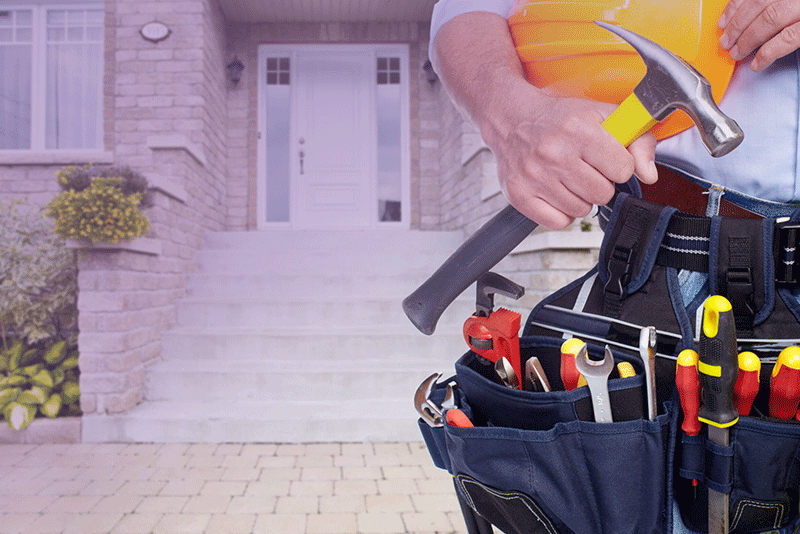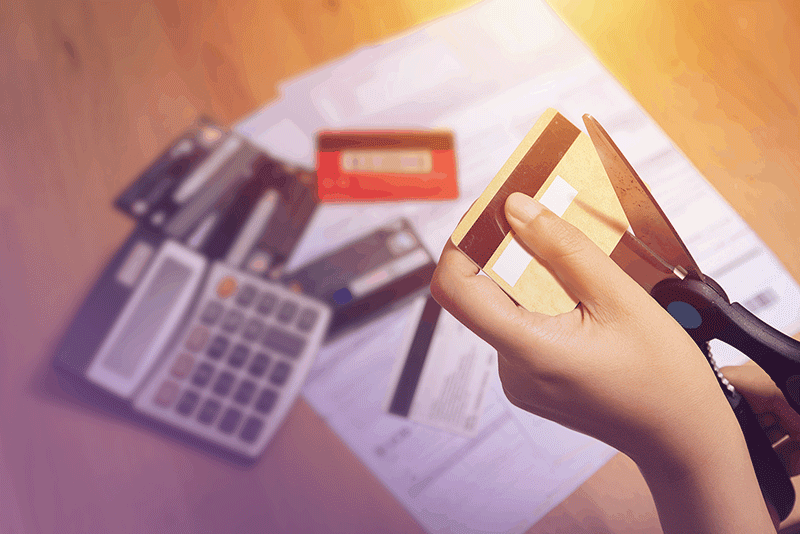[vc_row][vc_column][vc_column_text]Despite bringing advantages, delivery in the condominium is an issue that poses challenges to condominium management. Whether out of concern for violence or because of convenience, the fact is that more and more people have chosen to receive products at home.
According to Uber Eats data, Brazil is the largest food delivery market in Latin America. Another interesting information is that of the food app. In 2018, the company had more than 10 million orders and, between 2016 and 2017, the growth was 188%.
After all, how to deal daily with deliverymen and, at the same time, guarantee the security of the tenants? This is an increasingly common issue among syndics who, in turn, must develop strategies to raise awareness among employees and residents about the subject.
Security measures for delivery in the condominium
As we said, delivery in condominium ensures that residents are safe from criminal actions on the streets. However, it is also essential to be concerned with internal security. Thus, it is up to the syndic to identify the most appropriate actions, according to the condominium reality.
The legal norms dealing with the subject are shallow and don’t provide guidelines on how to deal with the issue. According to Brazilian Federal Law 6,538, art. 22, “those responsible for the buildings, whether administrators, doormen, janitors or employees are entitled to receive correspondence addressed to the units, taking responsibility for their loss or violation”.
Therefore, it’s syndic’s responsibility to establish the criteria to be adopted in the condominium. Some measures that can be implemented are:
Establish rules in the convention and internal regulation
The first step in ensuring the security of delivery in the condominium is to establish clear criteria in the convention or internal regulation, to be followed by all tenants. In other words, to determine whether the access of deliverymen is prohibited, in which cases it is possible to receive a supplier, among others. Thus, everyone is aware of the rights and duties related to the subject.
Designate an internal employee for deliveries
To offer more convenience to residents, while promoting security, some condominiums have chosen to hire specific employees for the function. In this case, an employee is responsible for receiving all orders and delivering them door to door, without the resident having to leave the apartment.
Invest in internal communication
One of the most important aspects to be considered when it comes to delivery in the condominium is the awareness of residents. After all, it is still common to find resistance from some residents in relation to the security measures adopted.
To solve this situation, the syndic must invest in efficient internal communication, which constantly demonstrates the importance of following the stipulated conducts. In addition, the matter must be on the assemblies’ agenda, to remind the residents of the importance of these actions.
Warn about scheduled deliveries
An action that can facilitate the processes in the entrance is the notice of residents when there are scheduled deliveries. This doesn’t refer only to the entry of a deliveryman, but also to service providers, such as telephone and internet, for example. In this case, in addition to alerting the doorman, the owner must provide the call protocol to make the clearance more secure.
Avoid contact between the doorman and the delivery man
Direct contact between the reception staff and deliverymen should be avoided as much as possible. This is because most criminal actions in condominiums occur through this access. To ensure that delivery to the condominium is not a trap, another action by the doorman must be the correct identification of the delivery recipient and the company for which the order was placed.
Register deliverymen of larger volumes
When deliveries are in larger volumes, as is the case of gas cylinders and gallons of water, it is difficult for the resident to receive the order at the entrance and transport it to the unit. For these cases, a good solution is to register one or at most two companies authorized to enter the condominium.
Still, some security strategies must be carried out. These include checking the professional’s documentation, confirming that the order was placed by the resident in question, and monitoring the route and time the delivery man remains on the condominium’s premises.
As you can see, some simple strategies can make delivery in the condominium safer for all residents. With the actions put in place, it’s just a matter of taking advantage of the facility that the service brings to the troubled daily lives of most people.
Did you like the article? If so, check now our post about people access control to condominiums and how to optimize security![/vc_column_text][/vc_column][/vc_row]








